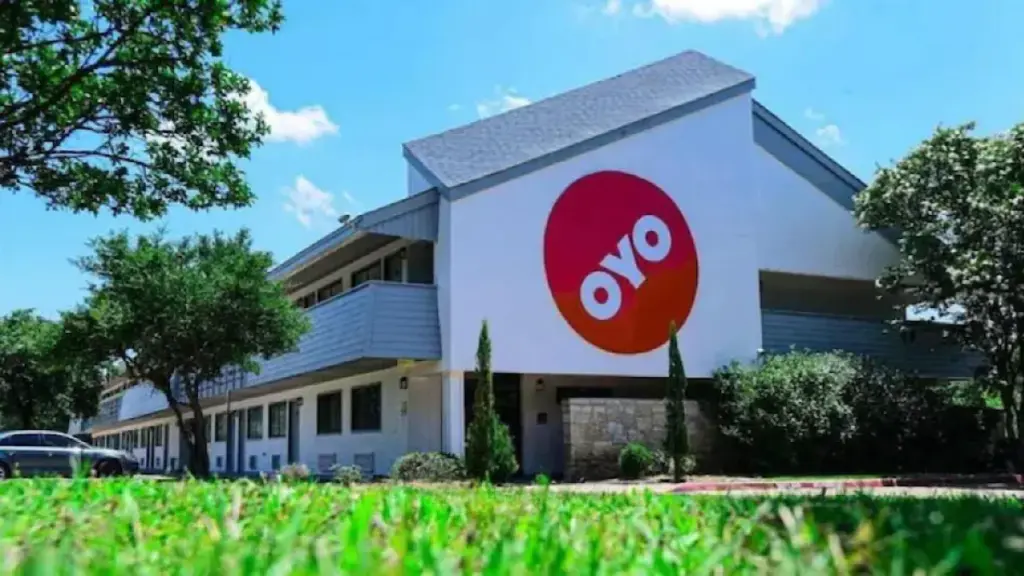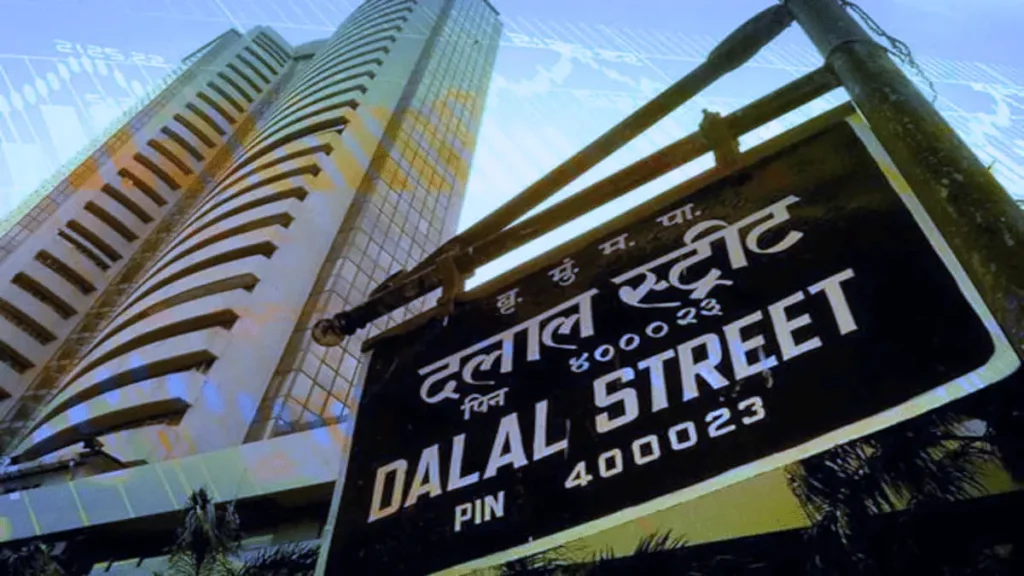OYO, a travel tech business, posted a net loss of 333 crore rupees in the second quarter, down from 414 crore rupees in the first quarter. The Securities and Exchange Board of India (SEBI) received the company’s H1 results on Saturday.
In the first and second quarters, OYO’s adjusted EBITDA increased eight times, from Rs 7 crore to Rs 56 crore, respectively.
The IPO-bound business also noted in its addendum that H1 FY23 revenues increased 24% to Rs 2,905 crore. Additionally, OYO announced that its gross booking values had increased by 69%. (GBV). The GBV represents the company’s monthly revenue per hotel.
Despite a decline in losses, some of the company’s major expenses grew nonetheless, according to the data. Its marketing and promotional costs increased by 19% to Rs 400 crore in H1FY23 from Rs 336 crore in H1FY22.
Similar developments occurred with employee benefit costs, which increased by 5%.
According to sources close to the company, the current third quarter would be the most crucial to monitor OYO’s performance because it is the busiest travel season in India and some of the other countries OYO serves.
“The company will need to show another quarter of growing EBITDA for the market to start judging if this performance trajectory is sustainable. This will be the most important parameter if the company does decide to launch its IPO in the first quarter of 2023. The overall market will also need to be conducive towards growth stocks which seem to be out of favour currently,” the source said.
Currently, OYO runs 157,000 hotels and retail locations throughout 35 nations in Southeast Asia, Europe, and India.
The findings came just weeks after the Competition Commission of India (CCI) fined OYO (owned by Oravel Stays Limited) Rs 168.88 crore for engaging in dishonest business practices in the hotel industry. In a 131-page order, the CCI claimed to have conducted a thorough examination for the identification of pertinent markets, placing particular focus on such an evaluation in the case of platform markets.
The COVID-19 pandemic caused two difficult years for the corporation, but this year its stock market aspirations were restored. According to its DRHP, the planned offering included a fresh issue of equity shares with a maximum value of Rs 7,000 crore and an offer for sale with a maximum value of Rs 1,430 crore.


